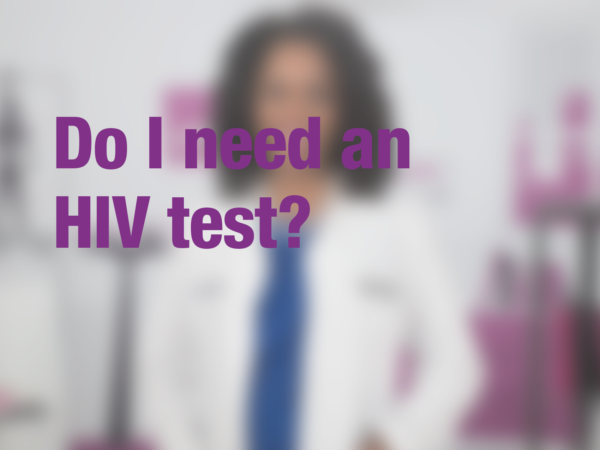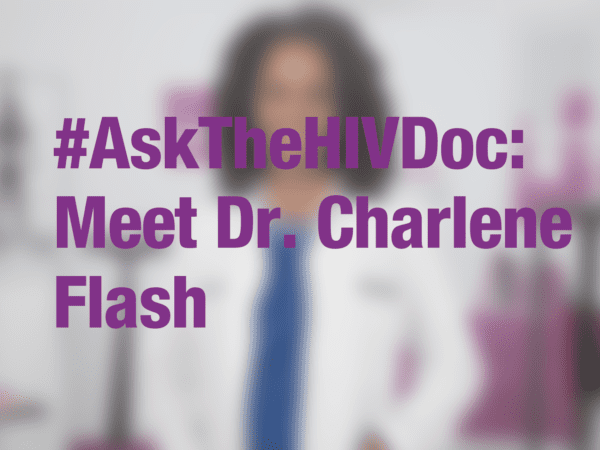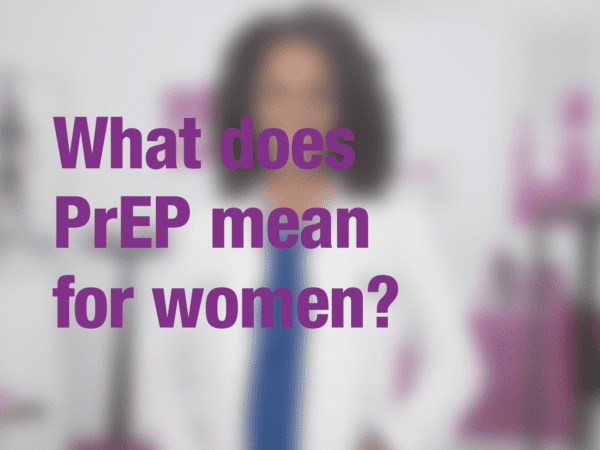We don’t have people ever practice the words. And then, when the lights are low, and the music is slow, we wonder why the conversation doesn’t happen. So, talk to the person. Ask them about themselves and their health. Ask them about condom use, ask them if they have an STD and have they been treated. Have these conversations. I’m not telling you to ask your partners if they’ve ever been tested because I want to make your relationship more challenging, I want you to make your relationship more close. And so, you want the kind of relationship or the kind of interaction where you can talk freely about each other’s lives because you’re about to do the most intimate thing on Earth.
Dr. Flash provides tips for talking to your partner about HIV and sexual health.
Whether it’s sharing your (or asking about your partner’s) HIV status, find a time and place where you can have a real conversation. It’s important to find a place where you both feel comfortable and can be open and honest with each other, and ideally before you have sex for the first time.
When someone shares with you that they have HIV, recognize that it means that they trust and care about you. Listen to what they have to say and respect their honesty. When you share with someone that you have HIV, make sure you do it in an environment that is safe. Understand that not everyone may treat your private health information as private.
While many people living with HIV have loving intimate relationships, for some, disclosure can lead to violence. To minimize risk, consider telling them in a public space with others around but private enough to talk. Or, have them talk with a health care provider to answer any questions they may have.


